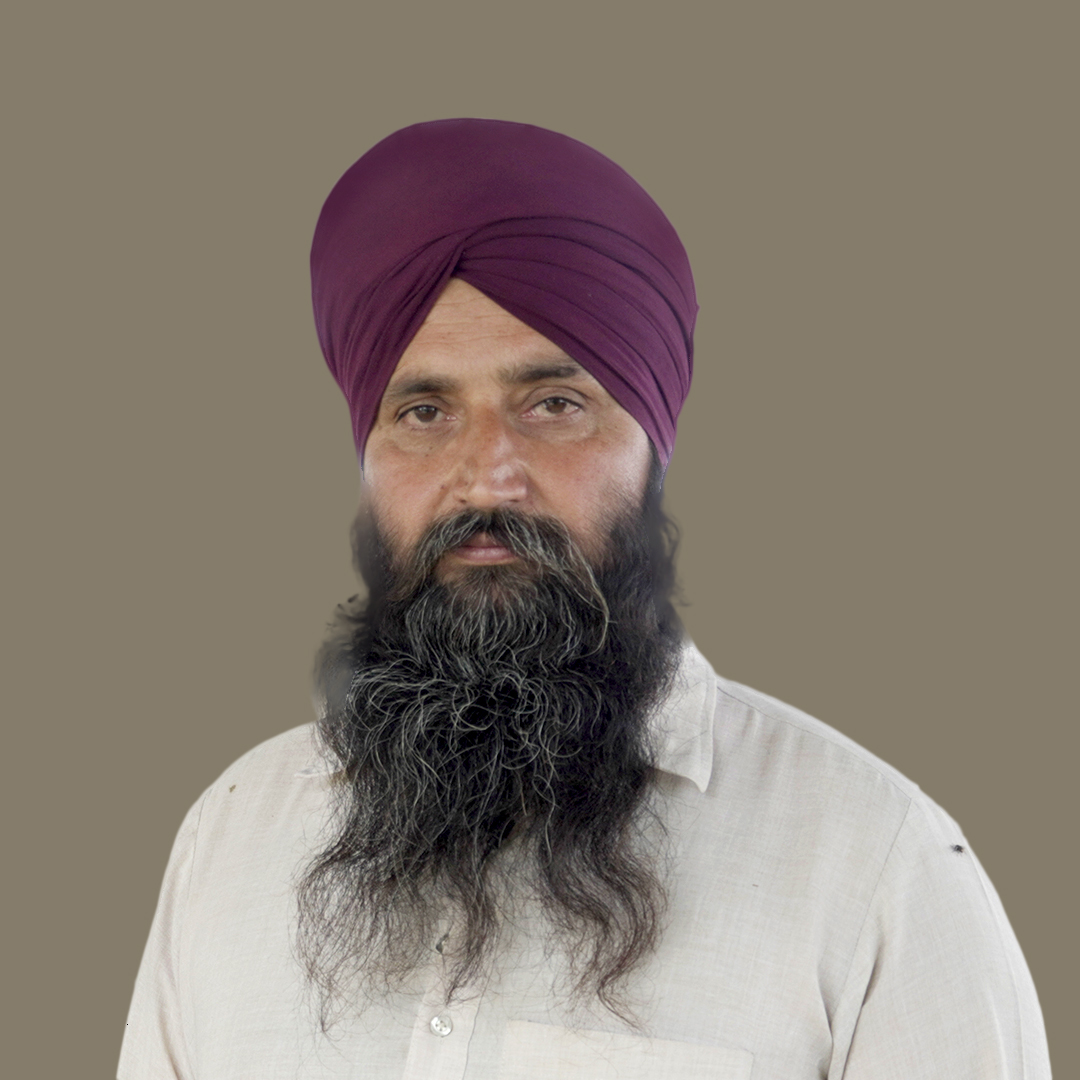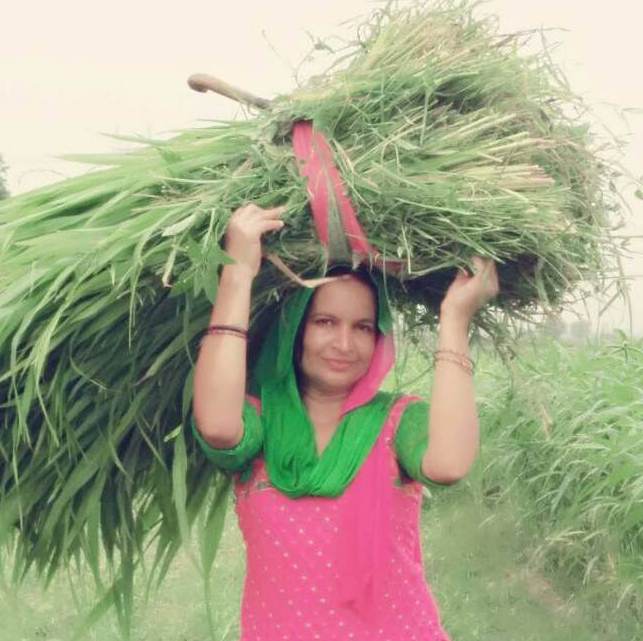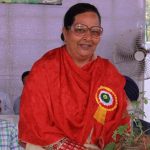In the heart of Ludhiana’s Rabbon Uchi village, a tale of ambition, dedication, and perseverance has unfolded over the past 15 years. At the center of this narrative is Hardeep Singh, a visionary dairy farmer who has transformed his dreams into reality through relentless hard work and an unwavering commitment to his craft. With an academic background in marketing, an MBA degree, and a stint at Tara Feed, Hardeep’s journey into the world of dairy farming is an inspiring testament to the possibilities that lie beyond traditional career trajectories.
Hardeep’s foray into dairy farming was no mere happenstance. His passion was ignited during his time at Tara Feed, where he had the opportunity to visit various farms as part of his job. These visits opened his eyes to the potential of dairy farming as a profitable and sustainable occupation. Armed with this newfound inspiration, he embarked on a journey that would lead him to become a pioneer in his field.
With a burning desire to learn and grow, Hardeep took extensive training in the field, initially focusing on buffalo farming before transitioning to cows. Armed with his newly acquired knowledge, he purchased 20 animals at the outset, and what sets his journey apart is his steadfast commitment to breeding. Unlike many in the industry who often rely on purchasing animals, Hardeep chose a different path. He decided to breed his own cows, a decision that not only spoke to his dedication but also set the stage for a self-sustaining farm. Over the years, his herd has grown to a total of 90 cows, comprising both Holstein Friesians (HF), with 40 actively contributing to milk production.
Obstacles, as Hardeep believes, are an inevitable part of any occupation. Yet, his approach to challenges is what truly defines him. He is not one to shy away; instead, he tackles each obstacle head-on, seeking innovative solutions. One such example is his battle against mastitis, a common and often debilitating condition in dairy cattle. Hardeep invested time and effort in researching and refining the nutrition of his cows’ feed. Drawing upon recommendations from institutions like Punjab Agricultural University (PAU) and Punjab Dairy Farmers Association (PDFA), he fine-tuned his cows’ diet, leading to a reduction in mastitis cases and an overall improvement in cow health.
Another challenge he confronted was repeat breeding. Through meticulous research and experimentation, he found a solution by incorporating the right mix of minerals and vitamins into the cows’ diet, effectively addressing the issue. Hardeep’s proactive approach doesn’t stop at on-farm solutions; he’s also tapped into the resources provided by the National Dairy Development Board. Leveraging their schemes, he secured subsidies for his initial purchase of 10 animals, giving his venture a solid financial boost.
In his pursuit of excellence, Hardeep leaves no stone unturned. He uses imported semen from reputable sources like Punjab Dairy Farmers Association, Avis, and Worldwide, enhancing the genetics of his herd. With an emphasis on technology, Hardeep employs software to monitor his cows’ health and productivity. Each cow wears a tag around its neck, and the software sends him real-time updates about their well-being, including any signs of sickness. The same software aids in optimizing artificial insemination timings, ensuring a higher success rate in breeding.
Hardeep’s accomplishments extend beyond the dairy barn. His family, especially his brothers, have been pillars of support throughout his journey. With 42 acres of land dedicated to agriculture, he maintains a symbiotic relationship between his farming endeavors. He cultivates crops such as potatoes and corn, the latter serving as silage for his cows. This integration not only reduces costs but also highlights Hardeep’s holistic approach to farming.
As Hardeep Singh continues to nurture his dairy farm in Ludhiana’s Rabbon Uchi village, his journey remains an inspiration to all who come across it. His ability to surmount challenges, embrace innovation, and sustain a thriving enterprise underscores the limitless possibilities that can emerge from a combination of passion and perseverance. In his story, we find not only a tale of individual success but also a roadmap for revitalizing and revolutionizing the agricultural landscape.
Message to farmers
Reflecting on his journey, Hardeep emphasizes the profitability of dairy farming, provided one pays meticulous attention to expenses and focuses on the crucial aspects of feed, breed, and cow management. He stands as a testament to the notion that with the right blend of passion, knowledge, and determination, even a non-traditional background can lead to extraordinary success. His story underscores the potential of agriculture as a dynamic and rewarding profession, inspiring aspiring farmers to think beyond conventional boundaries.










